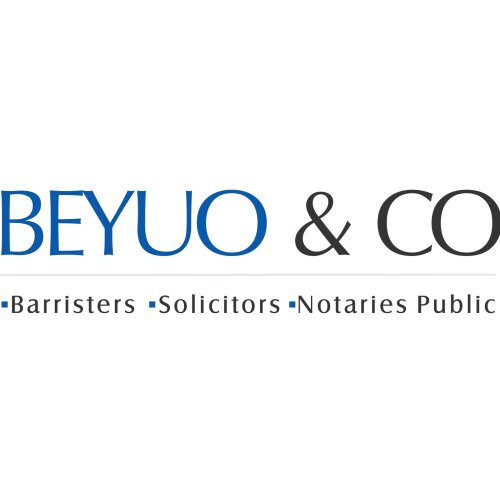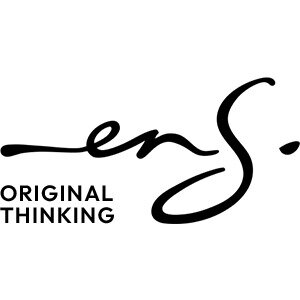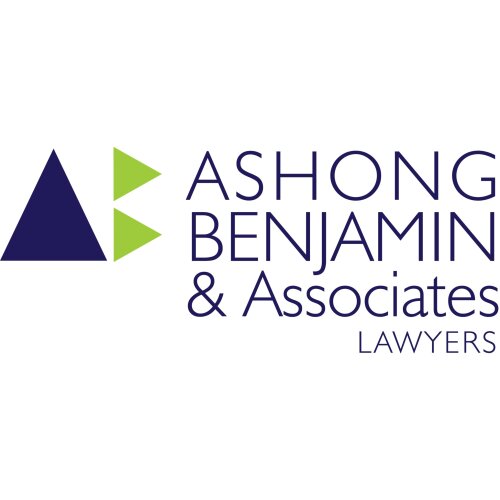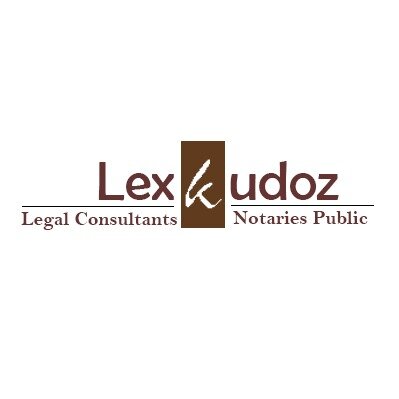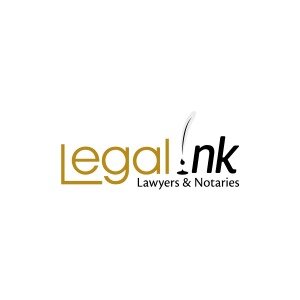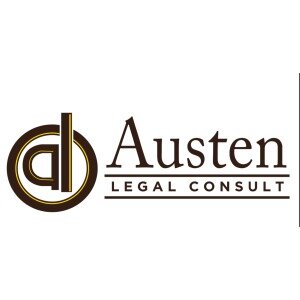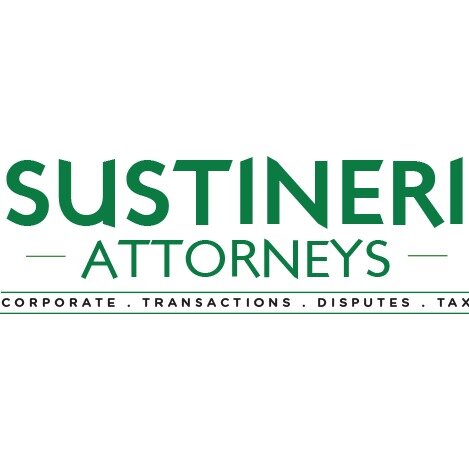Best Government Relations & Lobbying Lawyers in Ghana
Share your needs with us, get contacted by law firms.
Free. Takes 2 min.
Or refine your search by selecting a city:
List of the best lawyers in Ghana
About Government Relations & Lobbying Law in Ghana
Government Relations & Lobbying in Ghana is an essential aspect of engaging with public policy and decision-making processes. It involves individuals, businesses, and organizations working to influence legislative actions, administrative regulations, and other government-related decisions. The practice of lobbying in Ghana has grown in importance, especially with the ongoing need for transparency and accountability in governance. While the legal framework is still evolving, it is important for stakeholders to understand the dynamics of influencing government policies within the legal boundaries set by Ghanaian law.
Why You May Need a Lawyer
There are several scenarios where legal assistance may be necessary when dealing with Government Relations & Lobbying in Ghana:
- Compliance: Ensuring that all lobbying activities comply with Ghanaian laws and regulations is crucial. A lawyer can help navigate these laws and prevent any legal issues.
- Drafting & Negotiations: Lawyers can aid in drafting policies, proposals, and agreements that align with legal standards and effectively represent your interests during negotiations.
- Regulatory Challenges: Addressing any regulatory challenges or disputes with government agencies requires professional legal counsel.
- Corruption Allegations: If faced with allegations of corruption or unethical practices, legal representation is critical in managing these accusations and protecting one's reputation.
- Lobbying Strategies: Developing effective lobbying strategies that are legally sound can benefit from a lawyer’s expertise.
Local Laws Overview
The legal landscape governing Government Relations & Lobbying in Ghana includes several key aspects:
- Disclosure Requirements: While there is no specific lobbying act, individuals and organizations must often disclose their lobbying activities when engaging with public officials.
- Anti-Corruption Laws: Ghana has strict anti-corruption statutes, such as the Public Procurement Act and the Commission on Human Rights and Administrative Justice Act, that regulate ethical behavior in public office and require adherence to transparency.
- Public Participation: Various laws encourage public participation in the legislative process, providing avenues for stakeholders to express their views on government policies.
- Data Privacy: The Data Protection Act mandates the protection of personal data, an important consideration when handling information during lobbying activities.
Frequently Asked Questions
What is lobbying?
Lobbying refers to the act of attempting to influence decisions made by officials in the government. It often involves individuals or groups advocating for legislative or administrative action in their favor.
Is lobbying legal in Ghana?
Yes, lobbying is legal in Ghana, although it must be conducted within the legal frameworks established by various regulations concerning transparency and anti-corruption.
Do I need to register as a lobbyist in Ghana?
Currently, there is no requirement to register as a lobbyist in Ghana, but it is important to ensure compliance with disclosure and ethical conduct regulations.
How can I ensure my lobbying activities are compliant?
Engaging with legal counsel can help ensure that your lobbying activities comply with all relevant laws and regulations, including proper disclosure and adherence to anti-corruption statutes.
What are the potential penalties for illegal lobbying practices?
Illegal lobbying practices, such as bribery or non-disclosure, can lead to significant legal repercussions, including fines, imprisonment, and reputational damage.
Can foreign entities lobby in Ghana?
Foreign entities can engage in lobbying activities in Ghana, but they must follow the same compliance requirements as domestic entities, including anti-corruption laws and ethical standards.
Why is transparency important in lobbying?
Transparency helps ensure that lobbying activities are conducted ethically and lawfully, fostering trust in the governmental process and preventing corruption.
What role do advocacy groups play in lobbying?
Advocacy groups often play a crucial role in lobbying by representing the interests of specific constituencies or causes in discussions with government officials.
How are lobbying activities monitored in Ghana?
While there may not be direct monitoring of lobbying activities, various government agencies oversee adherence to anti-corruption regulations and ethical standards.
Are there any ethical guidelines for lobbying in Ghana?
Ethical lobbying in Ghana involves adhering to principles of transparency, honesty, and integrity, as guided by relevant laws and best practices.
Additional Resources
For further guidance and information, consider these resources:
- The Parliament of Ghana
- The Commission on Human Rights and Administrative Justice (CHRAJ)
- The Ghana Anti-Corruption Coalition (GACC)
- The Public Procurement Authority
- Various law firms specializing in government relations and regulatory compliance
Next Steps
If you need legal assistance in Government Relations & Lobbying:
- Research Law Firms: Look for firms that specialize in government relations and regulatory compliance in Ghana.
- Consult a Lawyer: Engage a lawyer experienced in this field to discuss your specific needs and develop a compliance strategy.
- Understand Your Legal Obligations: Work with your lawyer to thoroughly understand the legal requirements related to your activities.
- Stay Informed: Keep updated on any changes in local laws that may impact your lobbying efforts.
By taking these steps, you can effectively and legally participate in governmental processes and influence decision-making in Ghana.
Lawzana helps you find the best lawyers and law firms in Ghana through a curated and pre-screened list of qualified legal professionals. Our platform offers rankings and detailed profiles of attorneys and law firms, allowing you to compare based on practice areas, including Government Relations & Lobbying, experience, and client feedback.
Each profile includes a description of the firm's areas of practice, client reviews, team members and partners, year of establishment, spoken languages, office locations, contact information, social media presence, and any published articles or resources. Most firms on our platform speak English and are experienced in both local and international legal matters.
Get a quote from top-rated law firms in Ghana — quickly, securely, and without unnecessary hassle.
Disclaimer:
The information provided on this page is for general informational purposes only and does not constitute legal advice. While we strive to ensure the accuracy and relevance of the content, legal information may change over time, and interpretations of the law can vary. You should always consult with a qualified legal professional for advice specific to your situation.
We disclaim all liability for actions taken or not taken based on the content of this page. If you believe any information is incorrect or outdated, please contact us, and we will review and update it where appropriate.
Browse government relations & lobbying law firms by city in Ghana
Refine your search by selecting a city.




